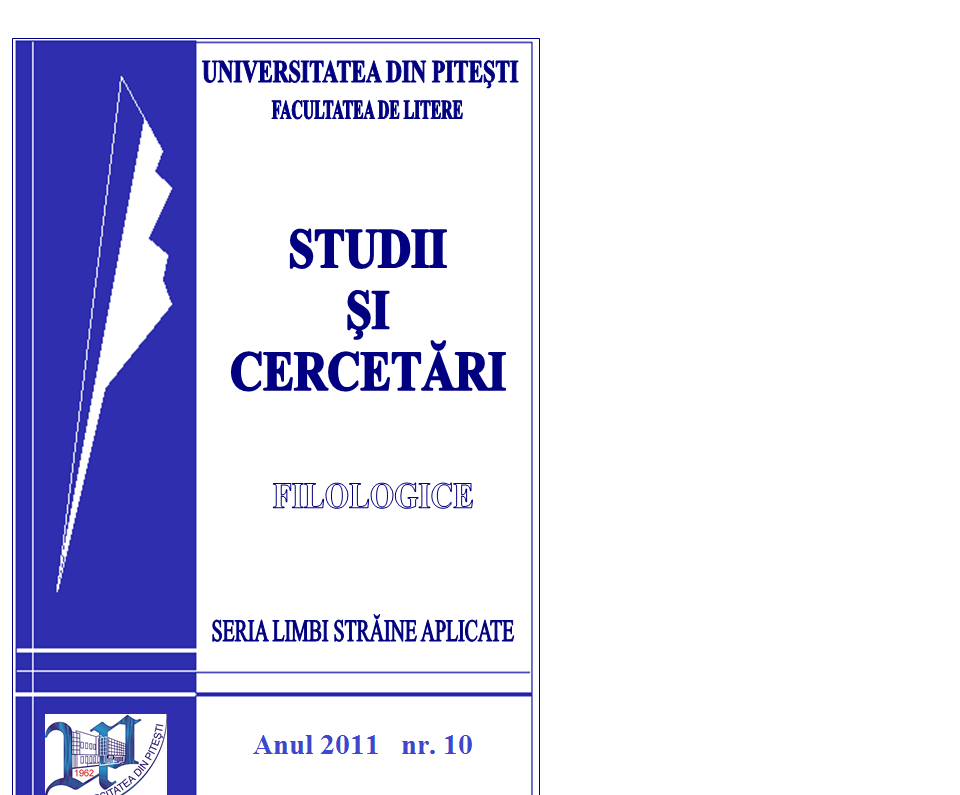REMARKS ON GENDER – EXPRESSING GENDER IN ENGLISH, AND SOME OF THE MAIN ISSUES THAT LEARNERS (AND TEACHERS) HAVE TO COPE WITH
REMARKS ON GENDER – EXPRESSING GENDER IN ENGLISH, AND SOME OF THE MAIN ISSUES THAT LEARNERS (AND TEACHERS) HAVE TO COPE WITH
Author(s): Constantin Manea, Camelia ManeaSubject(s): Language and Literature Studies
Published by: Editura Universităţii din Piteşti
Keywords: gender. genderization. gender-neutral. gender-specific. feminism. sexism. fallacy.
Summary/Abstract: The present paper focuses on a number of specific issues (most of which are in fact challenges, misconceptions and rough ideas) that are subject to what is generally called the feminist approach to linguistics. It presents some (strictly marginal) contrastive notes on expressing gender in English and Romanian, among which: genderization and gender neutrality, the problems posed by the usual definitions of gender (cf. sex, etc.), the existence of the epicenes in English, the idea of neutralization of grammatical oppositions (cf. also the idea of “language economy”), the possible existence of the “0 gender” (cf. the 0 / ø article) in English. Illustrative examples are given with respect to the alleged “sexist tradition” – as perceived by feminist lingustics –, followed by a set of prominent counterexamples (amply provided mainly by lexicography), fallacies and inconsistencies. The actual existence of gender-oriented languages (vs. “gender-neutral” languages) is then addressed, as well as a group of issues relating to usage and language didactics, mainly idiosyncrasies, grammatical and miscellaneous problems.
Journal: Studii şi cercetări filologice. Seria Limbi Străine Aplicate
- Issue Year: 2011
- Issue No: 10
- Page Range: 150-161
- Page Count: 12
- Language: English

